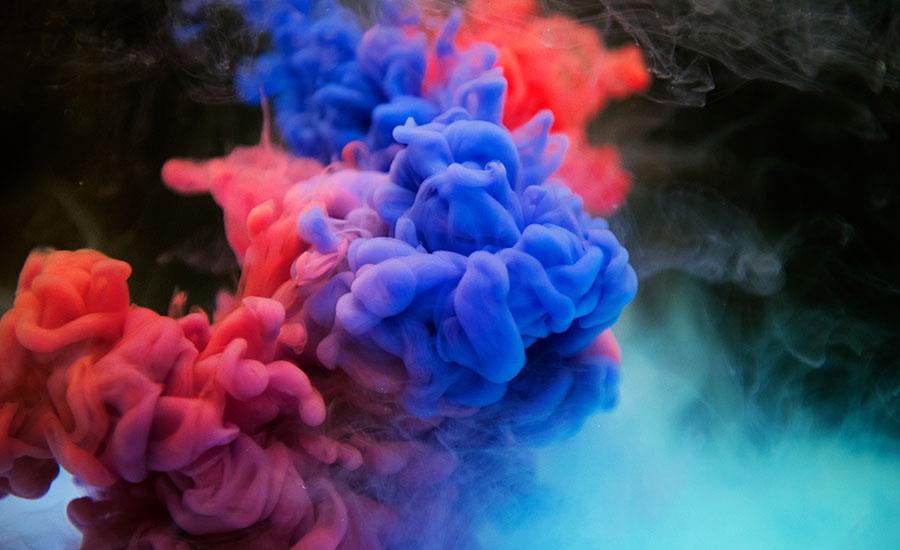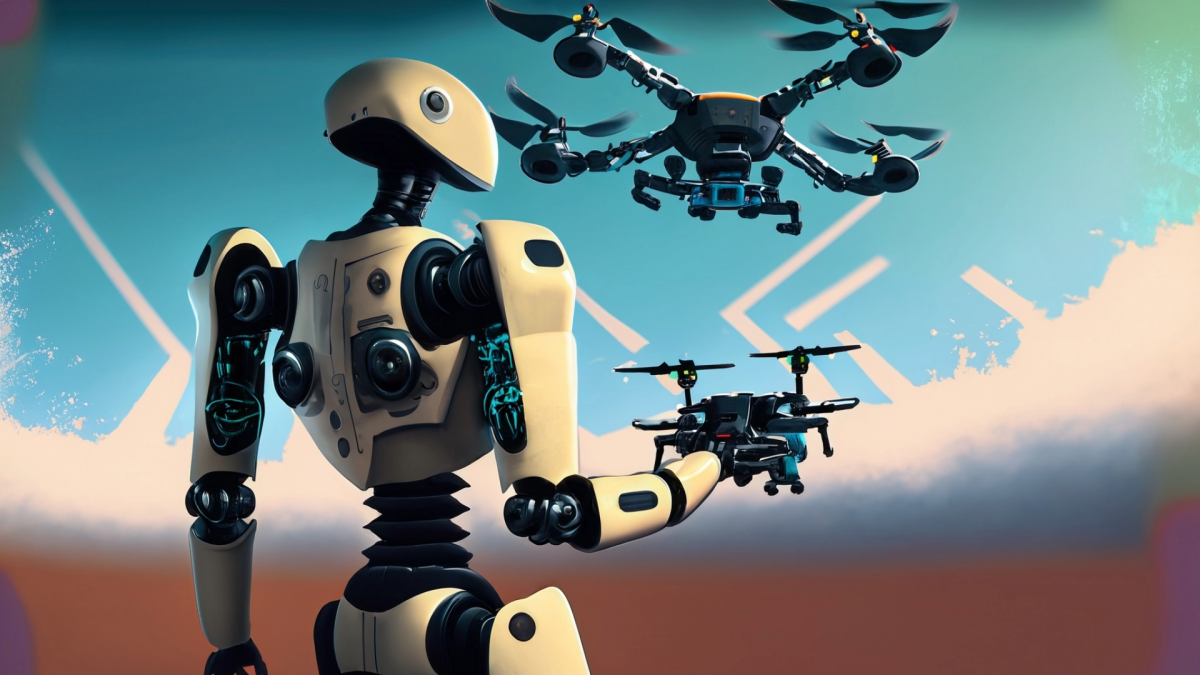
Chemistry - Let's Lick the Spoon
by Amanda Stalvey Harrison
The first rule in the chemistry lab is “don’t eat or drink or lick anything in the lab”! This lesson breaks those rules and shows students how culinary is really a practical application of chemistry. Through this lesson, students will feel like culinary chemists! Students will be using chemical processes to spherify fruit juices and other school appropriate drinks, through molecular gastronomy. This lesson will guide you through a sample lesson structure, key resources, materials lists, and the recipes that were found to work the best. This is a great way to collaborate with your school’s culinary teacher and class to highlight both your classes and contents.
Lesson Plan Link/URL
https://docs.google.com/presentation/d/1Wc9JqcZRv_m8zBtz6qFwhWdos-UyhlSi/edit?u…Subject Area
Science Physical Science P1: Matter Technology 1. Empowered Learner 2. Digital Citizen Mathematics Counting and Cardinality (CC) Measurement and Data (MD) Ratio and Proportion (RP) English Language Arts (ELA) Reading (Literature) Reading (Informational Text) Writing Speaking & Listening
Featured
Off
Related Content

Grades:
8th Grade, 9th Grade, 10th Grade, 11th Grade, 12th Grade
A lesson that dives into the fusion of Art and Chemistry. Students will make their own pigments using common plants by using an acid-base reaction. They will test the effects of different solvents in

Grades:
Kindergarten, 1st Grade, 2nd Grade, 3rd Grade
Students will learn about the engineering design process by working in small groups to identify a problem, then design and create a solution, inspired by the main character's creativity and problem

Grades:
Kindergarten, 1st Grade, 2nd Grade
Teachers don't talk trash, they talk COMPOST!! Compost is the best way to teach students the value of community as they create a Classroom Compost Program. In this 3-day introductory lesson, students